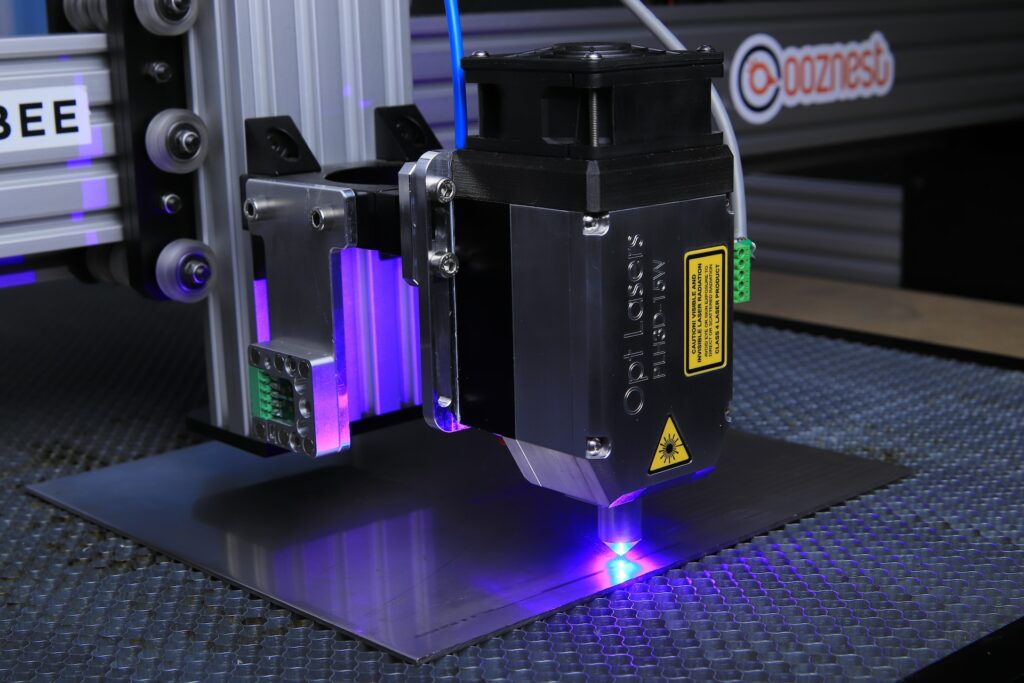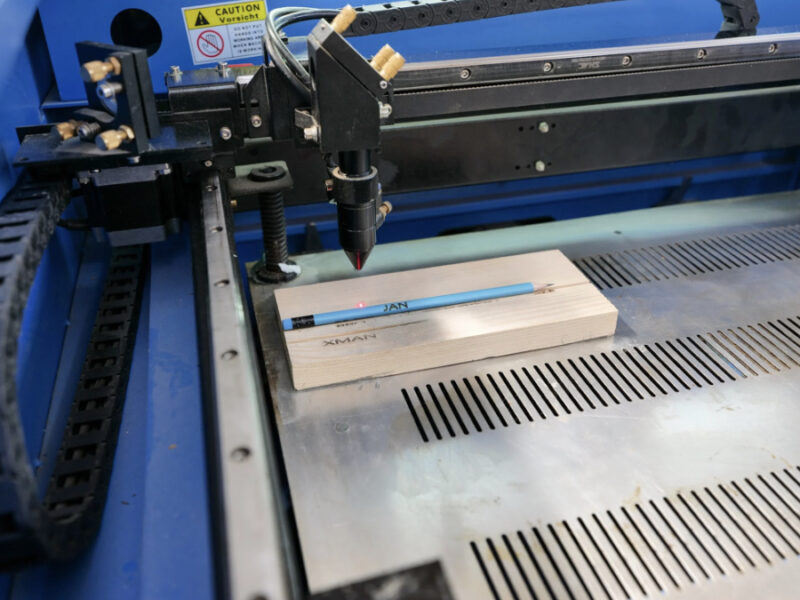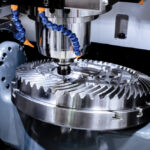In the realm of large-scale business and manufacturing, industrial machines and equipment play a crucial role. These robust machines are specifically designed to tackle heavy operations that would be impractical for common products.
For instance, constructing a towering skyscraper necessitates the use of an industrial crane and various specialized equipment. Extracting oil from the depths of the earth demands colossal industrial oil rigs, while providing wind power to entire communities relies on industrial wind turbines.
How Industrial Machines Differ from Consumer Products
The key distinction between industrial machines and consumer products lies in their intended scale and purpose. While any machine or equipment can serve both consumer and industrial needs depending on usage, the focus here is on large, durable equipment typically utilized in factories or industrial settings.
Industrial machines are engineered to withstand rigorous, continuous use, making them more substantial and resilient compared to their consumer counterparts. While some of these machines might occasionally find utility in domestic settings, they are primarily geared towards meeting the demands of large corporations.
Notable Examples of Large Industrial Machines
Prominent examples of such industrial machinery include oil rig equipment and industrial cranes, which exemplify the sheer size and capability of these specialized tools. Industrial cranes, with their towering structures and immense lifting capacities, enable the construction of monumental structures that shape city skylines. Meanwhile, oil rig equipment ventures into the depths of the earth, extracting valuable resources that fuel economies and power industries. These awe-inspiring machines demonstrate the unparalleled potential of industrial equipment to conquer formidable challenges, solidifying their status as essential components of modern-day industrial endeavors. As they continue to evolve and adapt to changing demands, industrial machines will undoubtedly play a crucial role in shaping a dynamic and progressive future for global commerce and innovation.
Market Dynamics of Large Industrial Equipment
The global market for large industrial equipment holds a staggering value of approximately $113 billion. The demand for such equipment is chiefly driven by new construction projects, with the industry’s interconnectivity spanning the globe.
As developing countries invest in bolstering their infrastructure, the demand for industrial equipment experiences a significant upswing. Furthermore, advancements in technology empower more developing nations to embark on ambitious construction endeavors. The interconnected nature of the modern world also fuels the demand for large industrial machines as the production of goods on a massive scale continues to thrive.
Embracing the Future of Industrial Machines
In the future, industrial machines are expected to assume an even more significant role in various industries. Some factories may even employ these machines in total darkness, capitalizing on the efficiency of robots that don’t rely on light.
Despite the potential rise of automation, the demand for industrial equipment is poised to keep growing. As long as new constructions and projects are undertaken worldwide, these machines will remain indispensable.
The Perpetual Need for Industrial Machines and Equipment
No matter what the future holds, the significance of industrial machines and equipment will persist. They are the backbone of large-scale production processes, ensuring the world continues to progress and build upon new innovations.
Industrial machines and equipment form the bedrock of large-scale business and heavy industry, playing a pivotal role in shaping the modern world. Their robust construction and specialized capabilities make them indispensable for undertaking massive operations that common products simply cannot handle. Whether it’s constructing towering skyscrapers, extracting vital resources like oil, or harnessing renewable energy through wind power, these machines are the driving force behind monumental achievements.
To wrap up
The distinction between industrial machines and consumer products lies in their scale and intended use. While consumer products may serve personal needs, industrial machines are designed to endure the rigors of factory settings and relentless usage. Their significance goes beyond individual utility, empowering large corporations to achieve grand feats of engineering and production.

- The global market for large industrial equipment is a thriving and interconnected landscape, with developing countries driving demand through infrastructure development and construction projects. As the world becomes more connected, the demand for these machines continues to rise, facilitating the production of goods on an unprecedented scale;
- Looking ahead, the future of industrial machines is filled with promise, as they are expected to take on even more significant roles in various industries. Embracing automation and cutting-edge technology, these machines may soon accomplish tasks in ways never before imagined.
In the face of automation, one thing remains certain: the enduring need for industrial machines and equipment. They will continue to be the backbone of progress and development, fulfilling essential functions and driving innovation across the globe. As long as the world continues to build and evolve, these powerful machines will stand tall, contributing to the ever-advancing tapestry of human achievement.





